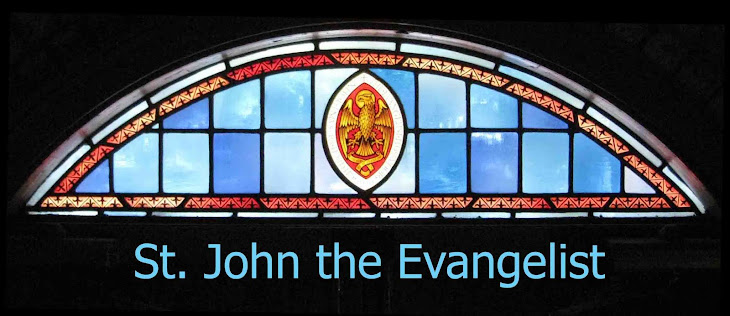The Rev. Kristin Orr, Rector
(November, 2011)
Introduction
Illinois state law now permits civil unions between same-sex couples and a resolution from the 2009 (national) General Convention of the Episcopal Church permits the blessing of those unions in the church (in civil jurisdictions where they are legal). In June 2011 Bishop Lee provided Guidelines for the Solemnization of Holy Unions for those wishing to perform blessings of same sex civil unions in the Episcopal Diocese of Chicago. Bishop Lee writes: “The conviction behind these pastoral guidelines is that the faithful, loving, and lifelong union of two persons of the same sex is capable of signifying the never failing love of God in Christ for the church and the world…. A further conviction is that just as Holy Matrimony is a vocation leading a man and a woman to practice disciplines of holiness, so should the gift of a similar, publicly committed discipline be available to gay and lesbian members of the church.” The guidelines also provide a liturgy, enabling same sex couples to “surround their vows [of Holy Union] with the prayers and blessings of the baptismal community.”
I am grateful to vestry members for their faithful and open conversations with me on the subject of blessing same sex unions and for their dedication to the grace-filled life of this parish. Following on those conversations, I am proceeding with my desire to offer the blessing of same sex Holy Unions at St. John’s. The guidelines that govern my own offering of Holy Matrimony and Holy Union are given below. As is the case in the diocesan policy, my intent is to establish parity of both opportunity and responsibility between Holy Matrimony and Holy Union.
Policy at St. John the Evangelist
It has been my past practice to offer Holy Matrimony only to active parishioners or couples with a close family member currently active in the parish. Holy Matrimony (and now Holy Union) are not “private” services; they are part of our common life as a parish community. It is my ongoing intent to offer Holy Matrimony or Holy Union only to couples with an active and existing relationship to the parish. In general, I expect regular attendance in worship and some contribution to the life of the parish by at least one person in the couple for at least six months before I will discuss scheduling the celebration of Holy Matrimony or Holy Union.
Because the common worship life of the parish is centered in the church building of St. John the Evangelist, I will not officiate at celebrations of Holy Matrimony or Holy Union in settings other than the parish church.
Summary of the Canons of the Episcopal Church and the Policies of the Diocese of Chicago Pertaining to both Holy Matrimony and Holy Union
All clergy must conform to the laws of the state. A valid civil license is required. The parties cannot be related by close kinship, and must be legally free of any other marriage or civil union.
Both parties to the marriage or civil union must state their intent that the union be lifelong, mutual and of exclusive fidelity.
At least one party to the civil union or marriage must be a baptized Christian.
The couple must receive instruction in the church’s understanding of the nature, meaning and purpose of the commitments they are undertaking.
Both parties must freely and knowingly consent to the civil union or marriage, without fraud, coercion, mistake as to identity or mental reservation.
The ceremony must be attested by at least two witnesses and recorded in the parish register.
No member of the clergy can solemnize the marriage or civil union of any person who has been the husband, wife, or civil union partner of any other person who is still living without the permission of the bishop.
A clergy person may not be required to officiate at any marriage or civil union.

